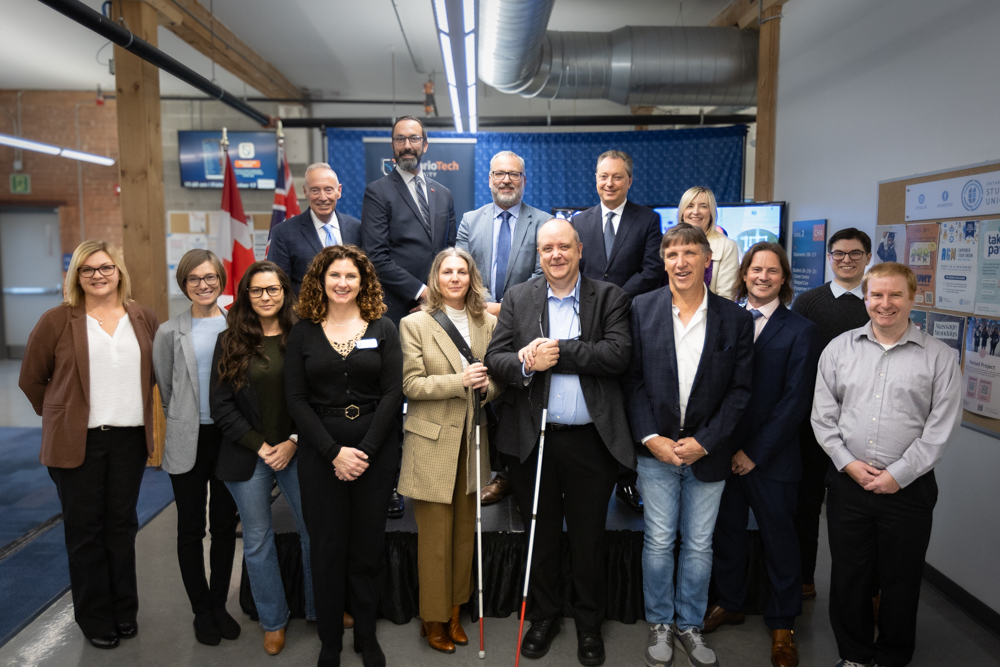UOIT president contributing author to national science report
July 5, 2012

UOIT president and vice-chancellor Tim McTiernan is one of 16 Canadian and international experts from diverse fields assembled to author a key new report on science performance and research funding for the Council of Canadian Academies.
The expert panel report entitled Informing Research Choices: Indicators and Judgment is the first in a new series of assessments by the Council that addresses various parts of the Canadian science and technology environment.
The report examines the international practices and supporting evidence used to assess performance of research in the natural sciences and engineering disciplines. The report provides an in-depth analysis of the evidence relevant to science indicators and also examines science assessment practices used by funding agencies around the world. The panel concludes quantitative performance indicators should be used to inform rather than replace expert judgment when determining research funding allocation.
Research funders around the world, like Natural Sciences and Engineering Research Council of Canada (NSERC) are increasingly looking to science assessment tools and quantitative science indicators for guidance in informing funding decisions. As part of NSERC’s work to ensure it is using the most appropriate metrics and that its Discovery Research Grants Program is meeting its objectives, the Industry Minister, on behalf of NSERC, requested the Council assemble the panel of which President McTiernan was a member.
For more information, or to download a free copy of the report, please visit www.scienceadvice.ca.


